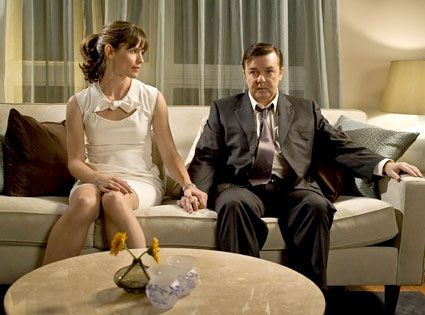Considered more broadly, Constructal Law may be the closest thing to a grand unified theory for the evolution of sports. In a sports context, the river is the relentless search for the easiest way to score or win more often. In soccer, there is the indefensible through-ball, passed between two defenders to a striker sprinting into open space. In basketball, the two-handed set shot eventually gave way to finding the tallest, fastest players who could jump the highest and dunk.I've had this thought before; I think that the worst teams that play today could beat the best teams from twenty years ago. Teams adjusting to a rule change resemble a new marketplace; some try out outlandish new things, evaluate their success and the best solution emerges quickly. This is why every team at the Olympics almost exclusively used the pick & roll; when you have shooters and good ballhandlers it's close to impossible to prevent a team from getting a good shot. Furthermore this is why the referee's decision to award penalty kicks has taken on an increased importance in soccer, and diving has become such a problem; free goals are few and far between, so it's worth taking a risk to earn one. Sometimes the efficient outcome in a sport makes the resulting game pretty ugly. That's when rulemakers have to step in and change things. Twenty years from now I hope people will be embarrassed at how many football coaches punted and kicked one-point PAT's, and how many baseball teams used sacrifice flies and sacrifice bunts.
Liked what you read? I am available for hire.

 Ezra Klein
Ezra Klein The story has lots of potential but I thought the execution could have been much better.
"Telling the truth" in this movie means two things; one, you say whatever's on your mind all the time, and two, you believe everything people hear all the time. Even before he starts lying, Ricky Gervais's character is blessed with a sort of super-awareness that everyone else seems to lack; they take direct remarks in stride, while he reacts like a normal person would to being called fat, or grimacing when someone else is verbally abused.
The story has lots of potential but I thought the execution could have been much better.
"Telling the truth" in this movie means two things; one, you say whatever's on your mind all the time, and two, you believe everything people hear all the time. Even before he starts lying, Ricky Gervais's character is blessed with a sort of super-awareness that everyone else seems to lack; they take direct remarks in stride, while he reacts like a normal person would to being called fat, or grimacing when someone else is verbally abused.  Here's their menu. You can order a Hog Roast Roll or a "Crackling" Hog Roast Roll. If you want to get something else, try a different store.
Here's their menu. You can order a Hog Roast Roll or a "Crackling" Hog Roast Roll. If you want to get something else, try a different store.
 One pig, two items on the menu, three possible condiments. That's it. And it was delicious, as you'd expect in a 1-item restaurant. When they sell only one thing, they're forced to do it well. If they're not getting repeat customers, they know exactly why.
One pig, two items on the menu, three possible condiments. That's it. And it was delicious, as you'd expect in a 1-item restaurant. When they sell only one thing, they're forced to do it well. If they're not getting repeat customers, they know exactly why.